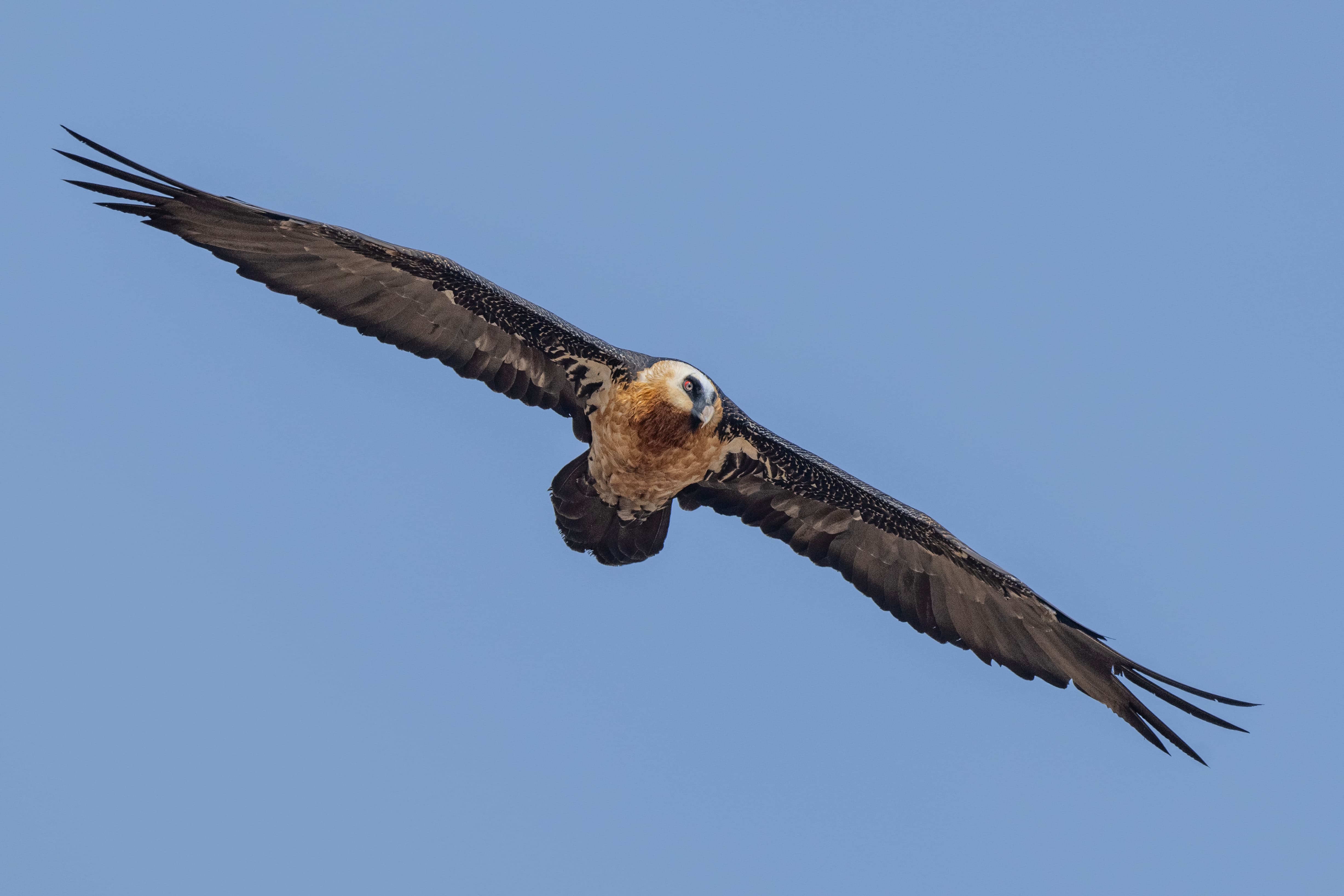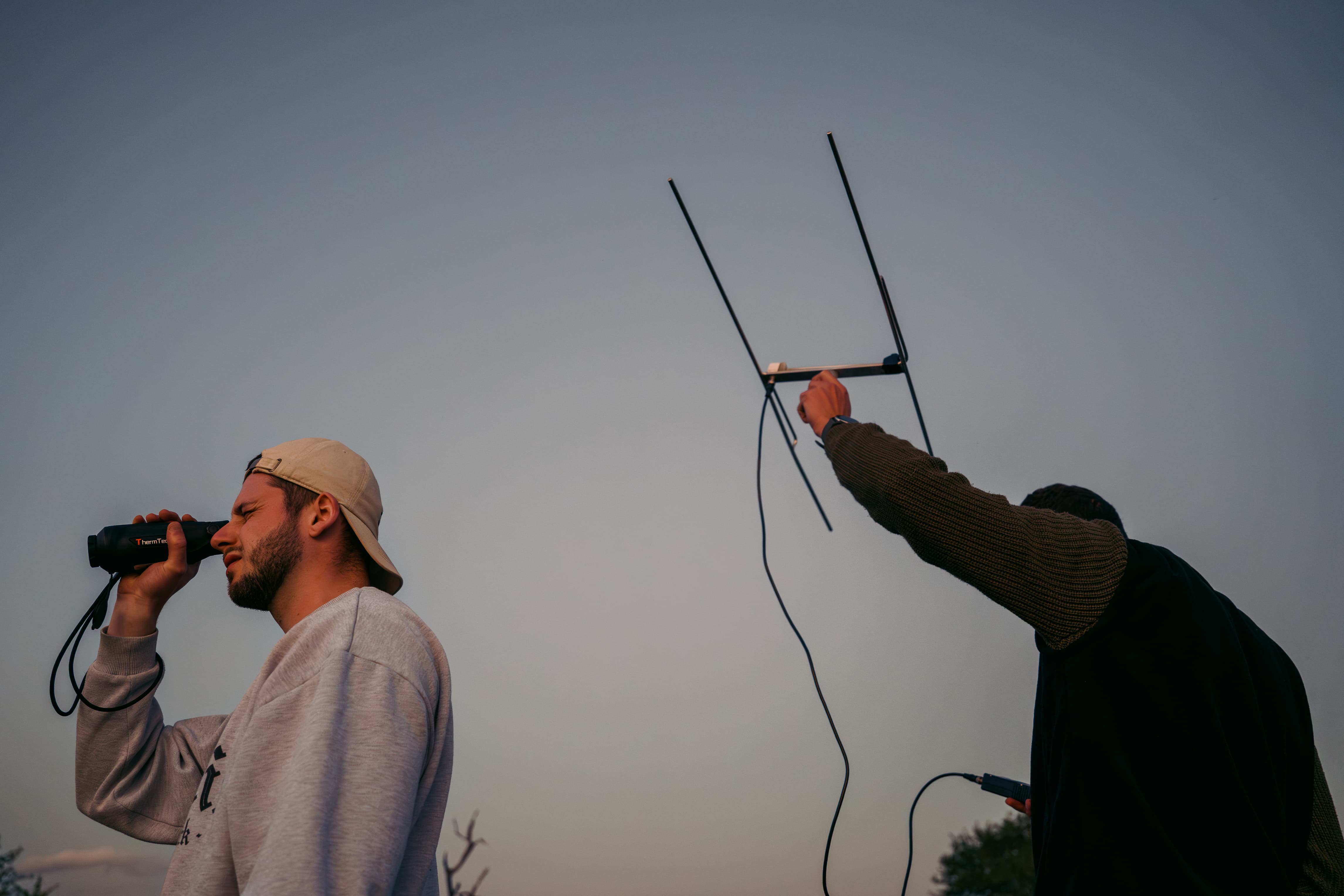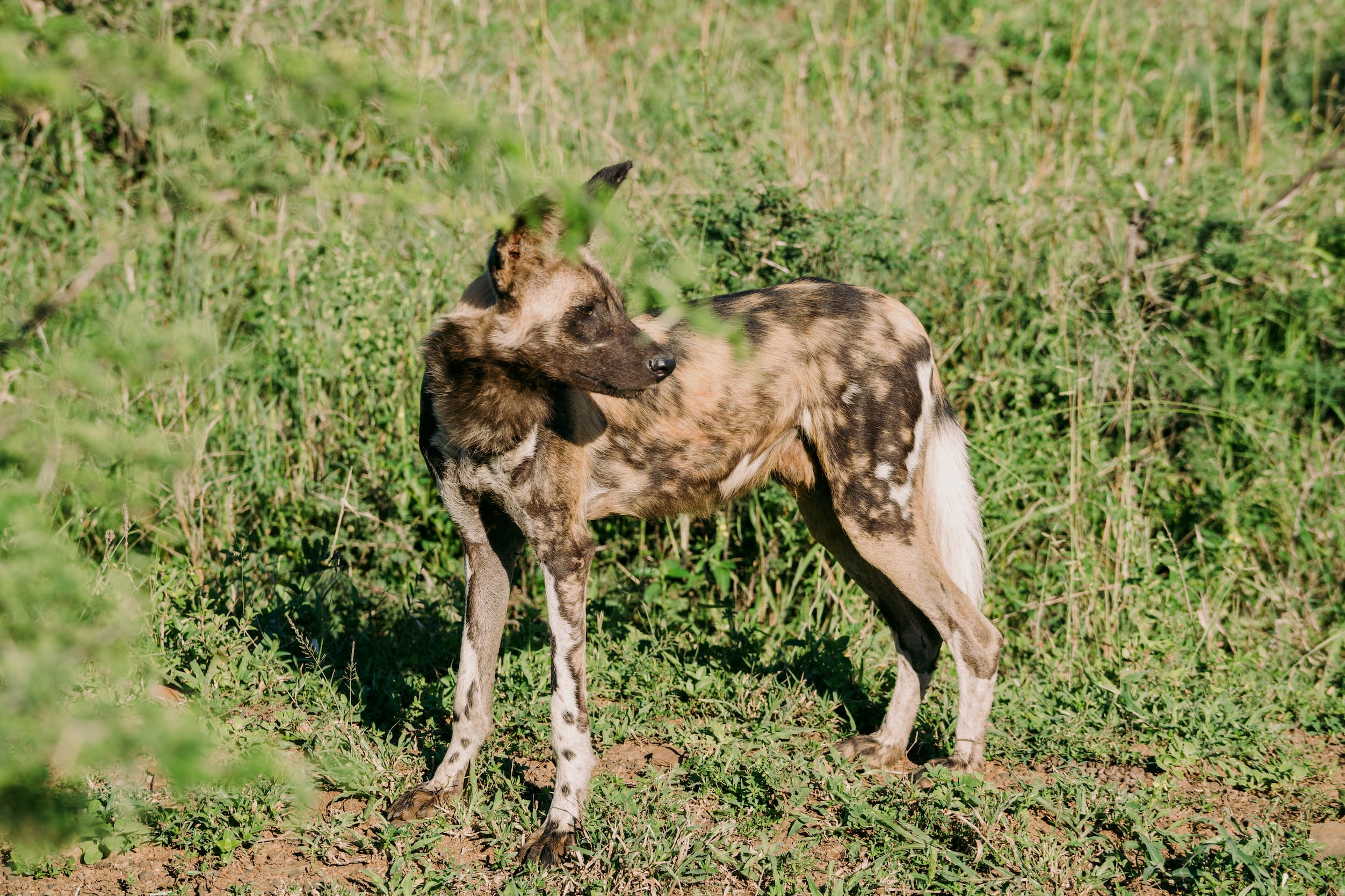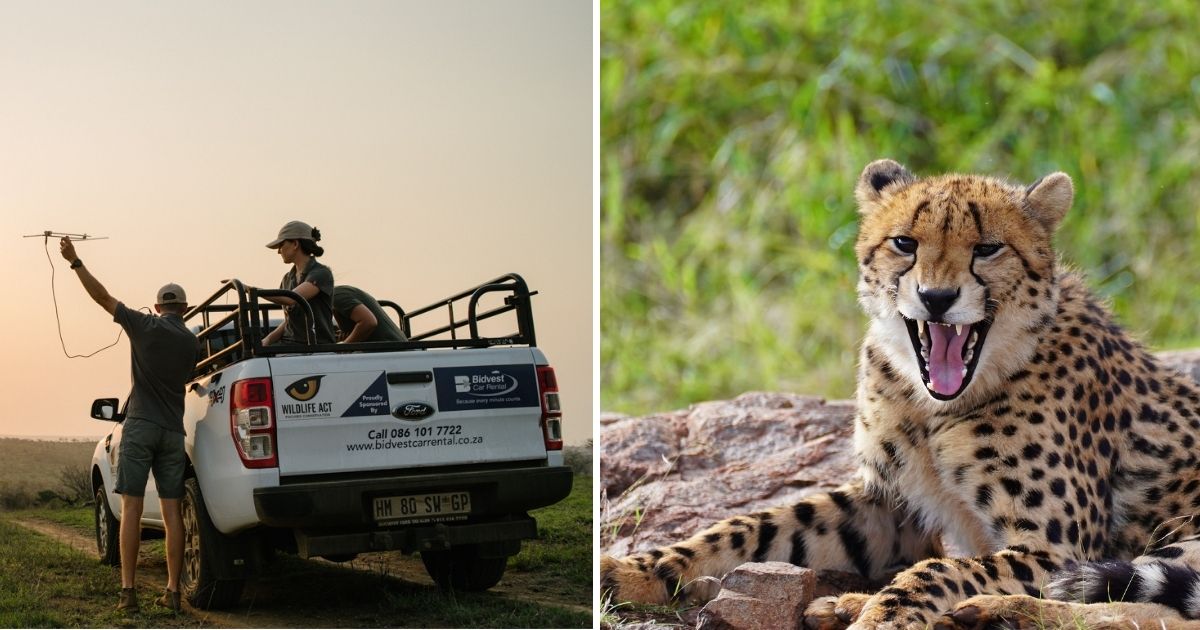I’m a counselor by trade and decided to take time off from clients in August 2020. I have been an avid animal lover from very early on growing up in Lima, Peru where I grew up with exotic animals literally everywhere. I seem to recall having a tarantula called Thomasa whom I would take for walks. I was also aware very early on that my feelings towards animals extended further than curiosity and awe.
Fast forward nearly forty years to a different world, with attention to the natural world and particularly the Earth's response to how us humans are treating her, my thoughts diverted away from mental health issues of clients and their world to the more important issues of vulnerable wildlife species. That’s how I came across Wildlife ACT. I knew I wanted to keep myself busy during the lockdowns and I knew it had to be in wildlife conservation. The fact that these online conservation courses were straight out of Africa, left me greatly intrigued.
Online Conservation Courses: Species Conservation & Habitat Management
The first of their online conservation courses I took with Wildlife ACT was their Endangered & Priority Species Conservation & Habitat Management course, tutored by Megan. This was really great and her friendly and confident manner made it easy to feel at ease. You could see how hard she (and the whole of the Wildlife ACT team) has worked to set up these courses in such a short time.
As they state on the page:
This in-depth learning experience introduces students and budding conservationists, either at the beginning or mid-way through their career, to the core aspects of conservation practices in Africa – wildlife monitoring, track and sign identification, camera trapping as a conservation tool, capture and relocation and the part it plays in conservation management, conservation and habitat monitoring, wildlife crime and the illegal wildlife trade as well as the importance of community conservation within and around any protected area.


I loved the way this course has been tailored to suit even novices to the conservation field, like myself, and also include students and professionals studying or working in similar fields.
Tracking for Conservationists Course
The second of their online conservation courses I took was their Tracks & Signs course by Hollie M’gog. Hollie tapped into my psyche and offered a teaching style every teacher should have in their toolbox! You can tell she has a passion for this which made me more interested in how I studied this one in particular - something I can carry on hereafter with any other learning. Her multiple choice questions and answers were particularly canny! The course tackled more comprehensive content, which was great as I liked the challenge.
As they state on the page:
This course introduces students to the age-old art of tracking; delving into the finding and interpretation of tracks, scats and signs. We look at tracking birds, injured animals, tracking as a crucial tool in anti-poaching, interpreting intention signals by looking deeper into the ethology, social systems and behaviour types of African wildlife. The course then covers the broader aspects of tracking from wildlife crime to e- and i-DNA, nocturnal tracking technologies, a look at the monitoring and tracking technologies available on the market and looking at which ones Wildlife ACT uses in the field. Each lecture tests your own interpretation and observation skills through interactive Scene Investigations.


I have learnt so much about life as a wildlife conservationist through taking these online conservation courses. I’d like to add that it is so important for everyone on this planet to have access to learning about the work organisations like Wildlife ACT and others do. I have heartfelt awe for people like Johan Maree, Chris Kelly and Dr Simon Morgan (the founders of Wildlife ACT) and others around the globe who are fighting for vulnerable wildlife species, and at the same time, teaching us something so valuable.
Thank you Wildlife ACT!
– Text by Charlie Wright
Wildlife ACT Training Academy Student
Related Posts
African Wildlife Conservation Courses Online
Wildlife ACT Courses for Anyone Who Wishes to Make a Difference



.jpg)







